2015 – The Year The Fax Machine Finally Dies?
When asked to predict the future of the office, George E. Pake, head of research at Xerox Corp declared “By 1995 I'll be able to call up documents from my files on the screen, or by pressing a button. I can get my mail or any messages. I don't know how much hard copy [printed paper] I'll want in this world.” Amazingly this prediction was made in 1975.
Even more amazingly, 2015 marks the 40th anniversary of George’s Pake’s prediction and there is still no sign of the truly paperless office becoming a reality. Email has certainly helped to replace paper for internal communications, but printed documents and communications still persist – often with no good reason.
Which is certainly the case of the fax.
Expensive
A fax machine is actually relatively expensive to maintain – regardless of how heavily it is used. For the best results, your fax machine requires a dedicated phone line, incurring rental charges every month. This is on top of the call costs for every fax transmitted.
Other costs to consider include electricity usage, because your machine needs to be switched on at all times, and the cost of consumables like toner/ink and paper. As your fax machines ages, consumables become harder to acquire, increasing costs further.
Perhaps even more costly still is the storage of paperwork. Your business will want to file faxes received alongside client records, meaning you need to set aside valuable floor space just for filing cabinets.
Environmentally unfriendly
The fact that your fax machine consumes electricity around the clock makes it an environmentally unfriendly device. If your business is serious about boosting its green credentials, you have a moral responsibility to reduce energy usage – and your fax machine isn't helping.
There are also concerns regarding paper wastage and the health implications of printer toner which need to be considered by the responsible business owner.
Signature requirements
In the past, only printed and signed documents were sufficient proof of identity and therefore legitimacy of the contents. Over time, improvements to the fax transmission protocols meant that origin and identity could be established relatively easily making it an acceptable “official” copy of a document, which is why many medical practices and lawyers rely heavily on this antiquated technology. Many of these people (wrongly) assume that emailed documents that contain digital signatures are not valid for establishing identity or origin of the attachment.
However new legislation introduced in 2002 - the Electronic Signatures Regulation - contains provisions for the use of electronic signatures for documents and other messages transmitted via email. This means that properly configured, secured messages are just as legally valid as their fax counterparts - again proving that there is no need for either a fax machine, nor any other fax service.
But what about my clients?
Some of your clients may still demand faxed documents - usually those who are not worried about the additional overheads or security of managing thousands of new sheets of paper every year. Despite being regarded as secure, there is very little to prevent a sensitive document being collected from the office fax machine by an unauthorised third party for instance. Even electronically faxed documents (those sent via a fax gateway or FoIP solution) are prone to the same security problem, but a personally addressed email can only be accessed by the intended recipient, avoiding this scenario.
Perversely, most of these organisations will be those who operate on a per hour billing basis, for whom timely operation may be of secondary importance.
However, the preferences of a handful of clients should not be an excuse to ignore the benefits that email offer the rest of your customer base. Nor should they be allowed to eat into your profitability because they themselves are unable to adjust to the reality of the paperless present.
George E. Pake never lived to see the paperless office, but hopefully 2015 will be the year when his dream finally comes true.

